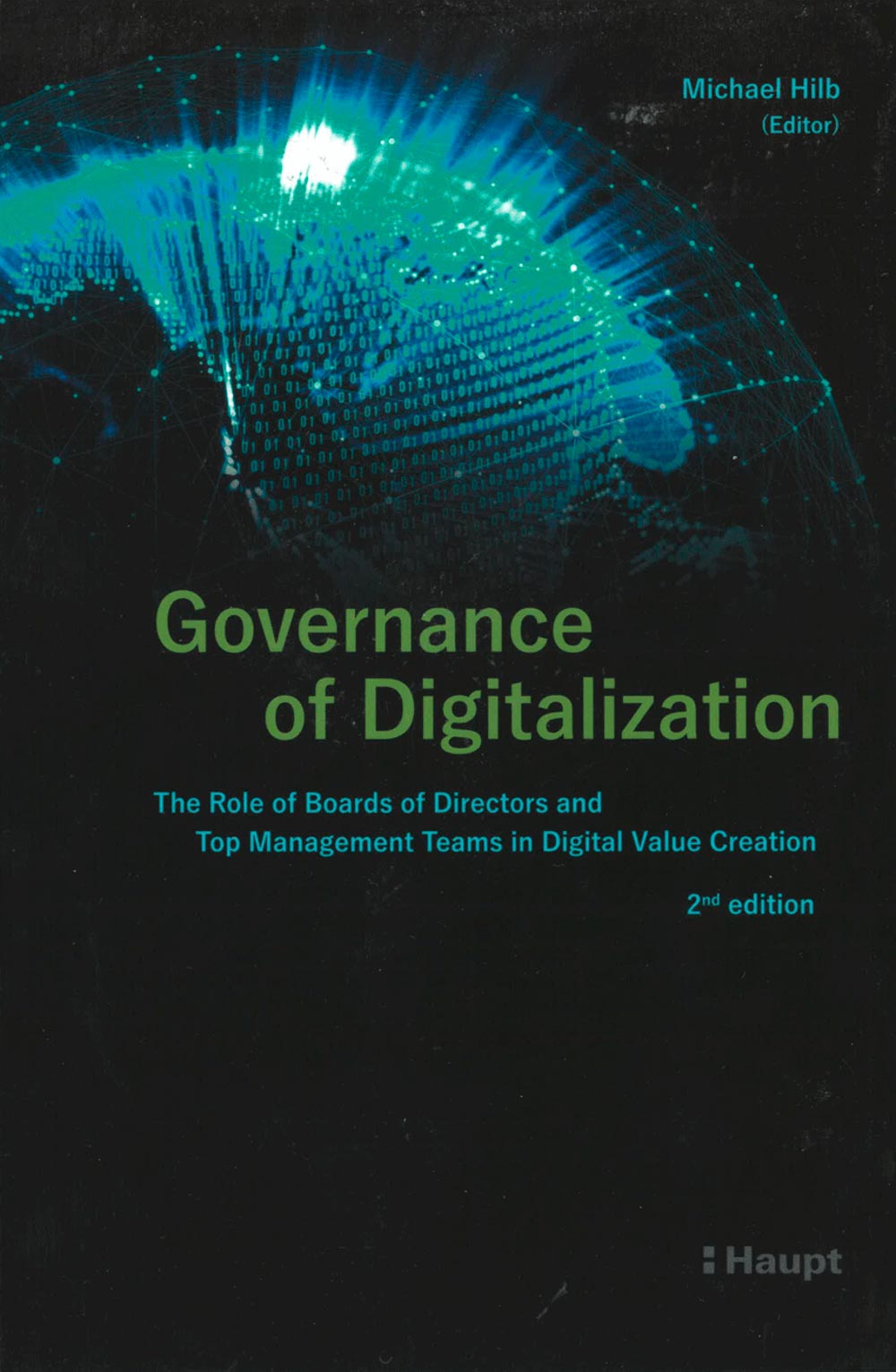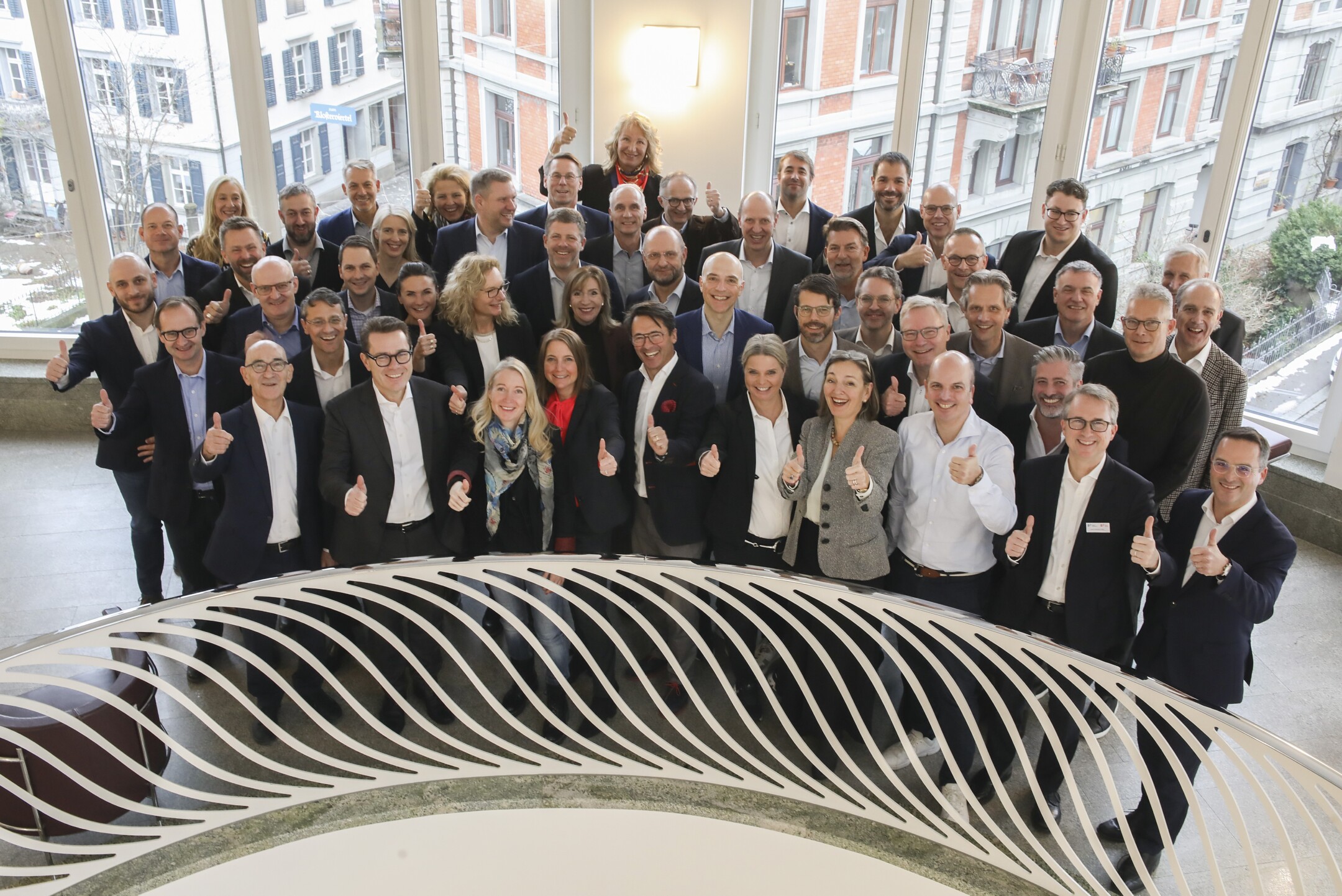
Digitalization creates unique opportunities and poses transformational challenges for many companies across industries. In that context, the governance of digitalization has become the key success factor in mastering digital innovation and transformation. lt requires boards of directors as well as top management teams to fully understand digital trends, identify their implications, derive adequate digital strategies, execute them swiftly, and monitor their diligent implementation. This book presents 12 perspectives on the governance of digitalization, bringing together viewpoints from different disciplines, including business, law, and information technology, with contributions from practitioners and academics. lt provides practical insights and thought-provoking inspirations for board members and managers alike.
- Board Views
From Corporate Governance of Sustainability to Sustainable Corporate Governance
What is the best way to integrate sustainability into the corporate governance framework? Boards of directors have chosen two distinct paths: the functional way, which focuses on corporate governance of sustainability, and the foundational approach, which leads to sustainable corporate governance. This article assesses the merits and limitations of both approaches and calls for a transition to sustainable governance. This requires board members to engage regularly with stakeholders and to continuously debate the underlying assumptions to further develop the governance framework as required.
- Board Views
The Multipurpose Corporation as a Driver for Sustainable Value Creation
The nature of the debate on the role of business in society strongly suggests a cyclical nature, with constant attempts to balance different interests and perspectives. To overcome the illusion of solving this conundrum, this article proposes an alternative approach, multipurpose capitalism. It posits that companies should compete not only on their products and services, but also on their different purpose profiles. It is left to consumers, workers, and investors to decide where to shop, work, and invest. The article offers a framework and methodology to create a comprehensive ecosystem that enables this matching process and suggests ways to overcome the challenges along the way.
- Board Views
The Board as Driver of Sustainable Change
Promoting a sense of responsibility is often seen as a benchmark for good corporate governance. The article argues for extending the discourse of responsibility to corporate citizenship and for understanding sustainability initiatives as innovation processes. The Board of Directors has a central role to play here, both in interpreting social change and in creating the conditions for successful implementation of social impact initiatives.












